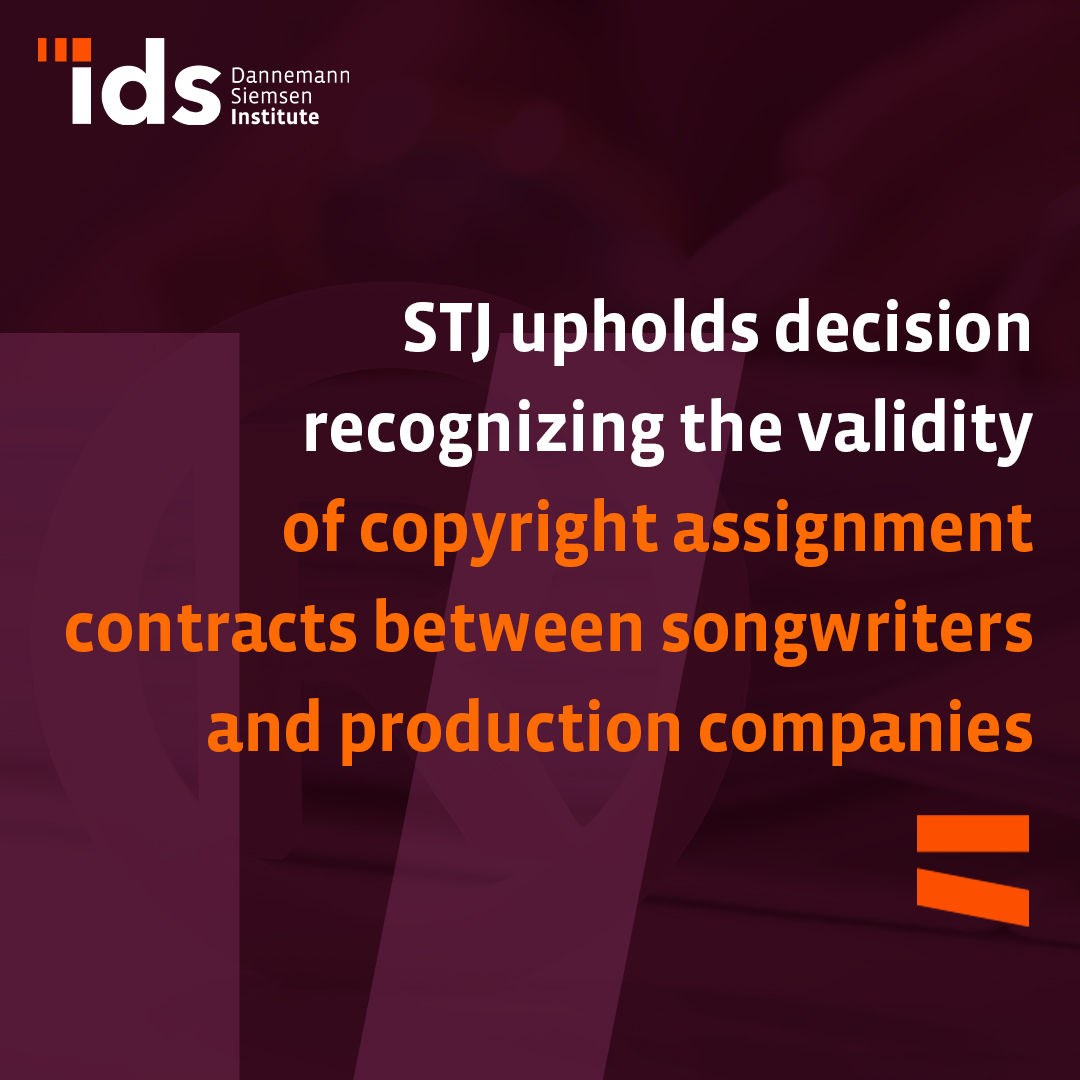04 de julho de 2024
Share
STJ upholds decision recognizing the validity of copyright assignment contracts between songwriters and production companies
In a case involving the song “We are the world of carnival”, composed by Guanaes, the 4th panel of the Superior Court of Justice (STJ), in a ruling on June 3, upheld the decision of the TJ/RJ that recognized the validity of the total copyright assignment contract signed between the composer Nizan Guanaes and the companies Stalo Produções Artísticas Ltda. and Universal Music Publishing Ltda. Dissatisfied with the decision of the lower courts, the composer appealed to the STJ to have his moral rights as an author recognized, but was unsuccessful, since the higher court held that it could not rule on this issue, as it had not been sufficiently discussed or specifically pre-questioned.
In 1991, Nizan Guanaes signed a publishing and copyright assignment contract for the song with Stalo Produções Artísticas, which later subcontracted Universal Music Publishing, without informing the author. When filing the lawsuit, the author argued that this subcontracting took place without his consent, violating his moral rights as an author. On the other hand, the defendant companies argued that the contract was a total and permanent assignment of copyright, which made it impossible to terminate it unilaterally. They also claimed that the accounts had been properly rendered.
In the lower courts, the Rio de Janeiro Court of Justice (TJRJ) concluded that the contract produced the effects of an assignment of rights, without any nullity or abuse in the contractual clauses. Here, the decision stated that “the plaintiff does not allege any defect in the conclusion of the deal that could cause its annulment, and as is well known, such defects cannot be declared ex officio. Nor is there any infringement of a legal rule, a form prescribed or not defended by law, or the incapacity of any of the contracting parties, all of which are causes for nullifying the agreement. It is also not possible, in light of the body of evidence in the case file, to affirm any abuse. Nor is it possible to affirm abuse of economic power or taking advantage of the weakness of a contracting party, since there is no evidence of a disparity in strength between the parties. Although the second defendant is a large multinational, the contract was signed between the plaintiff and the first defendant, and although the latter is a legal entity, it is small, while the plaintiff, as a natural person, is a figure with great influence and recognition in the industry.”
In aggravating the decision, Nizan Guanaes contested the aforementioned ruling, alleging that the decision failed to discuss the author’s six moral rights and argued for the decision to be overturned “insofar as it did not recognize as the author’s moral rights, and therefore inalienable and inalienable: the right to oppose any modifications to acts that may harm or affect him; and the right to withdraw from circulation or suspend the use already authorized, when they imply an affront to his reputation, honor and image”.
In the STJ, the 4th panel considered that the issue of the plaintiff’s moral damages had not been sufficiently debated and decided in the ordinary instances, lacking the necessary prequestioning. Justice Raul Araújo, in his vote, noted that the lower court considered that the copyright assignment contract was validly signed, with no evidence of defects. The decision therefore dismissed the artist’s claim and upheld the validity of the contract, dismissing the allegations of abuse in subcontracting and default by the publisher.
The decision can be accessed via the link: AgInt no RECURSO ESPECIAL Nº 2095408 – RJ
Note: For quick release, this English version is provided by automated translation without human review.
